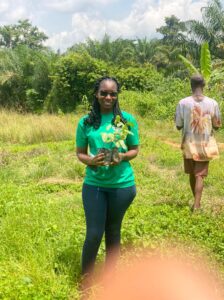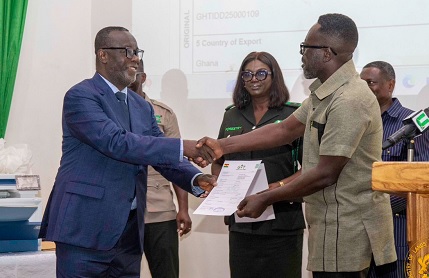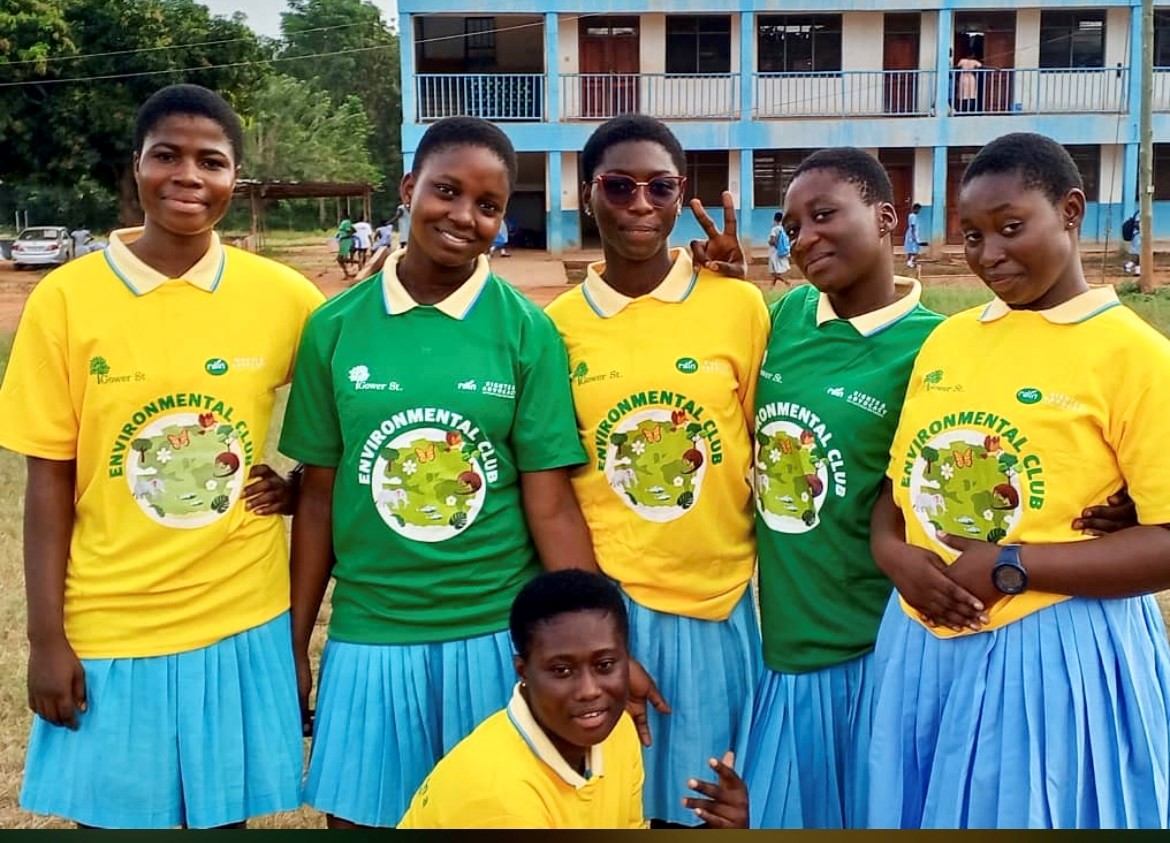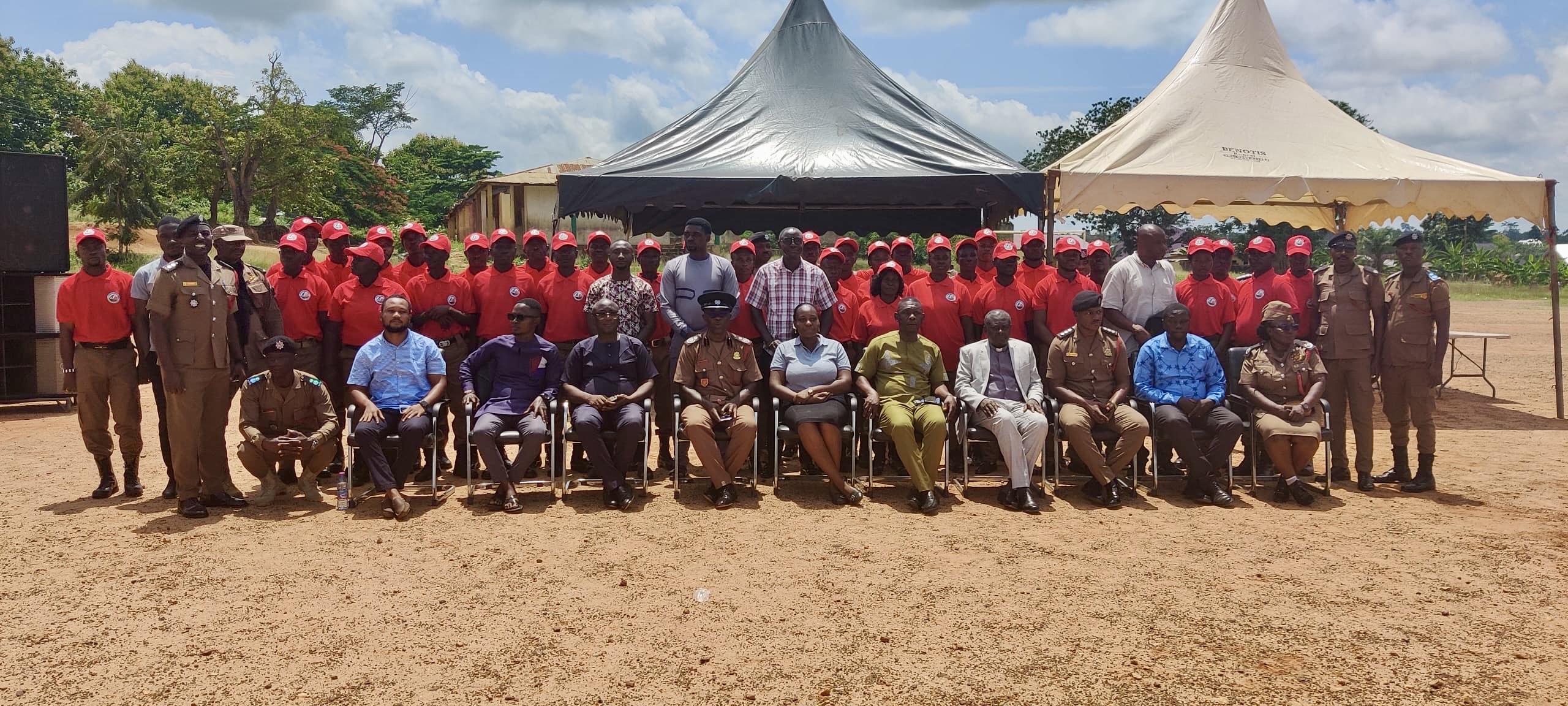Ghana has reached a historic milestone in sustainable forestry by becoming the first country in Africa—and only the second in the world after Indonesia—to officially issue a Forest Law Enforcement, Governance and Trade (FLEGT) license. The official launch on August 18, 2025 follows the successful activation of the country’s licensing system, marking the beginning of a new era of transparent, legal, and sustainable timber trade between Ghana and the European Union (EU). This achievement is the result of more than 16 years of reforms, collaboration, and institutional strengthening within Ghana’s forest sector. Parliament ratified 131 Timber Utilization Contracts (TUCs) in July 2025 as a key legal requirement that paved the way for the FLEGT system to go live.
The FLEGT license ensures that timber and timber products exported from Ghana to the EU are harvested and processed in full compliance with national laws. Products covered by this licence are automatically recognized as meeting the EU Timber Regulation (EUTR), granting them direct access to European markets without additional due diligence requirements. This not only simplifies trade but also gives Ghanaian exporters a competitive advantage in one of the most regulated markets in the world.
More than 350 timber operators have already been trained to navigate the new system, ensuring that exporters and importers can benefit smoothly from the process. The framework builds trust with buyers, strengthens market confidence in Ghana’s timber products, and closes the door on illegal operators that have long undermined both sustainability and fair competition.
Beyond trade benefits, the FLEGT system delivers wider environmental and governance gains. By certifying only legally sourced timber, Ghana is tackling illegal logging—a practice that has historically endangered biodiversity, rural livelihoods, and climate resilience. It also aligns with Ghana’s commitments under the EU Deforestation Regulation and international climate agreements, advancing efforts to reduce carbon emissions and promote sustainable land use.
As government leaders, industry stakeholders, and international partners have emphasized, this moment represents far more than a trade facilitation measure. It is a blueprint for balancing economic growth with environmental stewardship, positioning Ghana as a leader in sustainable forestry and offering valuable lessons for the rest of the continent. With the FLEGT licence now operational, Ghana is better placed to expand its role in global timber markets, uphold its climate commitments, and inspire a continental shift toward stronger forest governance.
Credit: Discourse on Development







